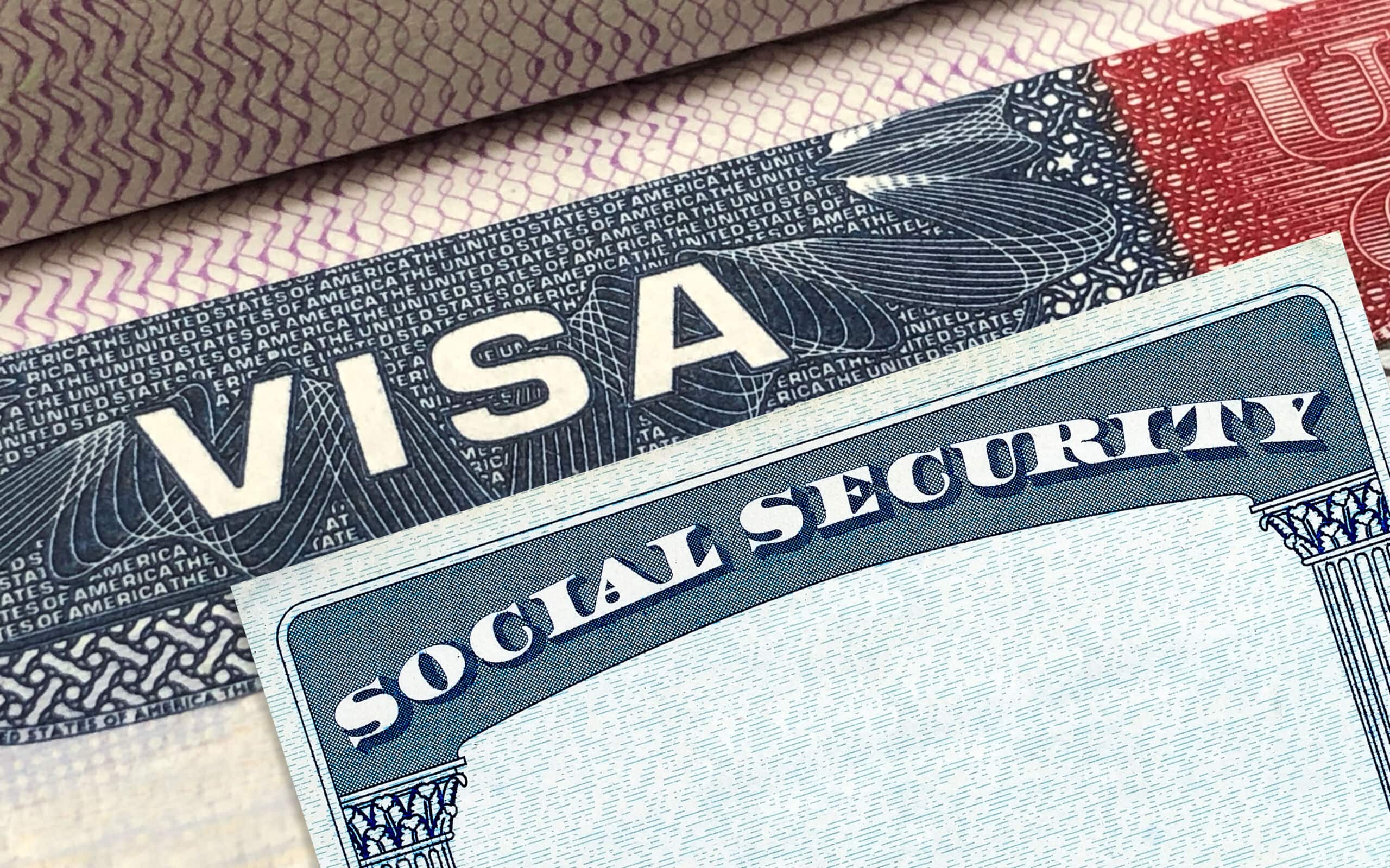By: Richard Hanus, Esq.
September 8, 2023
A foreign national who obtains a U.S. work visa or otherwise enters the U.S. to fill a job can be particularly vulnerable to employer abuse, especially if that worker is desperate to make the U.S. their home and has few, if any, visa options to choose from to remain here. The good news is that foreign national victims of employer abuse have rights, including to press criminal charges, seek financial damages and even commence a legal process to secure their U.S. immigration status. One recent example is the case of eight foreign seasonal workers who filed a federal lawsuit against their exchange visitor sponsor – a Shelter Island, New York café owner, alleging that the owner sexually assaulted and exploited them.
The plaintiffs, foreign students from Malaysia, Thailand, Colombia and Ecuador, entered the U.S. during the summers of 2021 and 2022 under a J-1 cultural exchange, work visa program sponsored by InterExchange, Inc. The students are seeking financial damages for forced labor, involuntary servitude and human trafficking against the program sponsor as well as Marie Eiffel and the Marie Eiffel Market, the New York café they were assigned to work at.
According to the complaint, instead of a cultural or educational experience, program participants were subjected “to the horror of Marie Eiffel … the owner of the Market, who routinely spanked plaintiffs on the buttocks, groped female employees’ breasts, choked employees, and made sexually harassing, demeaning, and discriminatory comments about their race and looks.” The foreign workers’ suit further alleges that InterExchange Inc. ignored initial complaints about their mistreatment and that Eiffel unlawfully withheld significant portions of wages and other compensation earned by these program participants.
Under U.S. immigration law, these plaintiff/foreign workers will also likely be eligible to remain in the U.S. to live and work if they so choose, pursuant to either a T or U visa, and eventually as lawful permanent residents (Green Card). Foreign nationals seeking T or U visa protections and eventual lawful permanent residence, must, among other requirements, A) obtain federal, state or local government agency certification confirming their status as victims of certain types of crimes (see below) and B) participate in the investigation and prosecution of their offenders, including as witnesses at trial.
To qualify for a T visa, a foreign national must be the victim of a severe form of human trafficking for purposes of sex or labor, where “someone recruits, harbors, transports, provides, solicits, patronizes, or obtains a person for the purpose of a commercial sex act, where the commercial sex act is induced by force, fraud, or coercion, or the person being induced to perform such act is under 18 years of age; or
When someone recruits, harbors, transports, provides, or obtains a person for labor or services through the use of force, fraud, or coercion for the purpose of involuntary servitude, peonage, debt bondage, or slavery”.
To qualify for a U visa, a foreign national must be the victim of one of the following (or related) crimes: Abduction, Abusive Sexual Contact, Blackmail, Domestic Violence, Extortion, False Imprisonment, Female Genital Mutilation, Felonious Assault, Fraud in Foreign Labor Contracting, Hostage, Incest, Involuntary Servitude, Kidnapping, Manslaughter, Murder, Obstruction of Justice, Peonage, Perjury, Prostitution, Rape, Sexual Assault, Sexual Exploitation, Slave Trade, Stalking, Torture, Trafficking, Witness Tampering or Unlawful Criminal Restraint
Having represented hundreds of victims of these types of crimes who then go on to seek U and T visa protection and eventually resident status, I can say that what the Marie Eiffel plaintiffs have gone through is sheer mental torture. However, knowing that perpetrators of abuse can be held accountable under U.S. law and that a path to U.S. immigration status is possible, foreign national workers can find comfort in the rights afforded by U.S. law and no matter the threats of retribution they may receive. In this regard, foreign workers must realize that turning to authorities to report abuse only has advantages and no real downsides and the case of the plaintiffs in the Marie Eiffel case is a perfect example. For more details on this case, see Celine Loh Xiao Han et al. v. InterExchange Inc. et al., case number 1:23-cv-07786, in the U.S. District Court for the Southern District of New York.
PUBLISHED September 8, 2023 – “IMMIGRATION LAW FORUM” Copyright © 2023, By Law Offices of Richard Hanus, Chicago, Illinois

